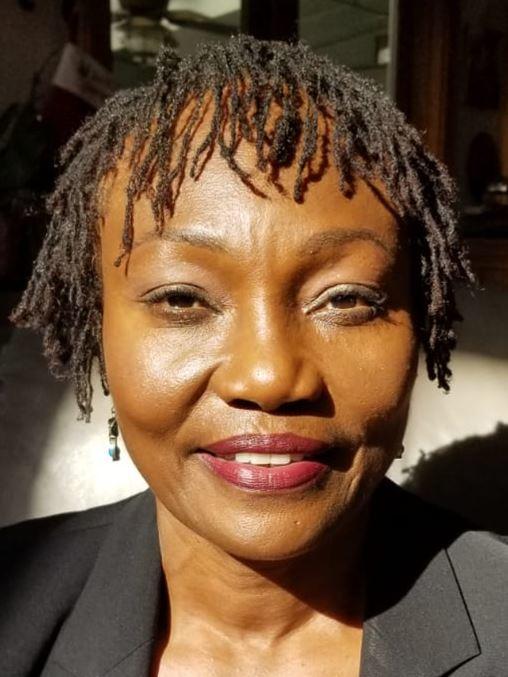Dr. Cathrine Hoyo Delivered CURE Distinguished Scholars Seminar
, by CRCHD Staff
Read Healio's coverage of Dr. Cathrine Hoyo's CURE Distinguished Scholars Seminar: NCI’s CURE Distinguished Scholar discusses epigenetics of liver cancer
Dr. Cathrine Hoyo delivered a lecture in the NCI Center to Reduce Cancer Health Disparities’ Continuing Umbrella of Research Experiences (CURE) Distinguished Scholars Seminars on Wednesday, October 21, from 1:00-2:30 pm, via Webex. The title of Dr. Hoyo’s talk was “Toxic Metal Exposure Disparities, Epigenomic Response and Hepatocellular Carcinoma: The Developmental Origins of Health and Disease (DOHAD) Framework.”
Dr. Hoyo is a Professor of Epidemiology in the Department of Biological Sciences, Co-Director of the Integrated Health Sciences Facility Core in the Center for Human Health and the Environment, and Director of the Epidemiology and Environmental Epigenomics Laboratory at North Carolina State University.
Dr. Hoyo was introduced by former mentee Dr. Lauren McCullough, of Emory University, who shared remarks about the role Dr. Hoyo has played in her career development and the ongoing support and guidance she provides.
During her talk, Dr. Hoyo addressed the DOHAD framework, the health effects of environmental exposures, and early exposures and the epigenome, before presenting a case for for the effects of environmental exposures on liver cancer disparities.
A former CURE K01 recipient, Dr. Hoyo’s influential research improves our understanding of how early development influences risk of common chronic diseases, particularly those that exhibit racial/ethnic differences in incidence and/or mortality, including in certain cancers. Dr. Hoyo presented about her group’s two-pronged approach to this work—both following a cohort of newborns from the first trimester in order to pinpoint epigenetic targets, as well as conducting population-based case control studies of cancer in adults to assess to what extent the epigenetic targets contribute to these cancers in adulthood.
